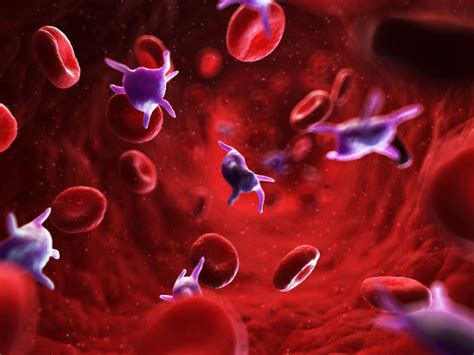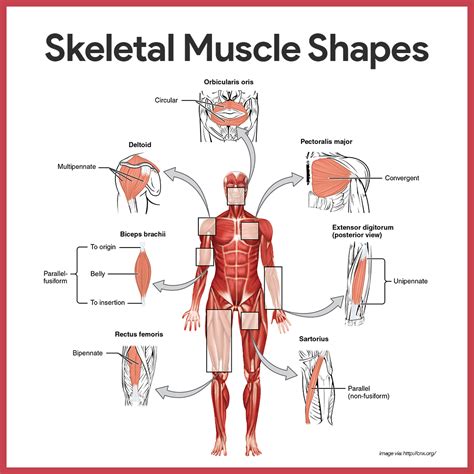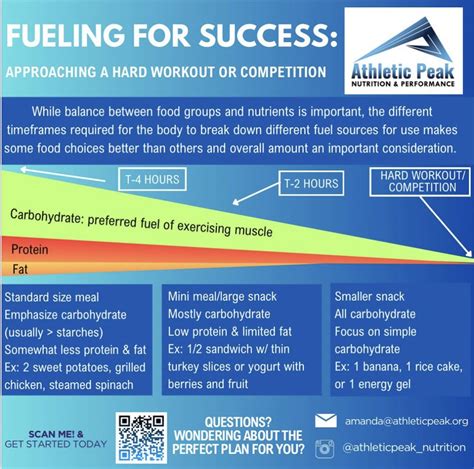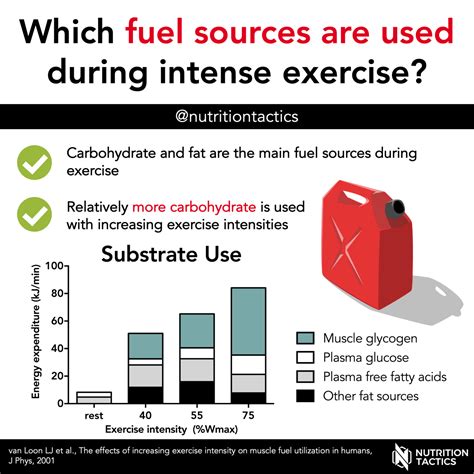The Hidden Drain on Men’s Energy and Recovery
In the pursuit of demanding careers, active lifestyles, and family responsibilities, many men gravitate towards dietary habits that seem convenient and quick. However, a common pattern – the over-reliance on highly refined carbohydrates and insufficient, inconsistently distributed protein intake – often becomes an invisible barrier, preventing the body from efficiently using its absorbed ‘fuel’ for sustained energy and optimal recovery.
This widespread habit isn’t just about making ‘bad’ food choices; it’s about a systemic approach to eating that undermines the very metabolic processes designed to keep energy stable, muscles repairing, and cognitive function sharp. It’s a subtle but significant factor contributing to that mid-afternoon slump, prolonged post-workout soreness, and a general feeling of being less than optimally fueled.

The Cycle of Sugar Spikes and Crashes
The primary culprit is often a diet rich in refined carbohydrates – think white bread, sugary cereals, pastries, sodas, and processed snacks. While these foods provide an immediate burst of glucose, they are quickly digested, leading to a rapid spike in blood sugar. In response, the pancreas releases a flood of insulin, which efficiently clears glucose from the bloodstream, often leading to an equally rapid drop in blood sugar.
This rollercoaster of blood sugar levels is a significant drain on energy. Instead of a steady, sustained release of energy that whole grains, complex carbohydrates, and balanced meals provide, the body experiences peaks and valleys. These crashes often manifest as fatigue, irritability, difficulty concentrating, and an insatiable craving for more quick-fix carbs, perpetuating an inefficient cycle that leaves men feeling depleted and struggling for consistent mental and physical stamina.

The Protein Predicament: Undermining Recovery
Equally critical is the common oversight of consistent and adequate protein intake. Many men may consume enough protein in a single large meal (e.g., dinner) but neglect it throughout the rest of the day, particularly at breakfast and lunch. Protein is fundamental for muscle repair, growth, and the synthesis of enzymes and hormones essential for energy metabolism. Without a steady supply of amino acids from protein, the body struggles to repair the microscopic tears in muscle fibers that occur during daily activity or exercise.
This lack of consistent protein distribution means the body cannot efficiently rebuild and strengthen itself, hindering recovery and making it harder to adapt to physical demands. Muscle protein synthesis, the process of building new muscle, is best stimulated with regular protein intake spread across meals, not just in one large sitting. When this is neglected, ‘fuel’ isn’t just inefficiently used; the very machinery of recovery is starved, leading to prolonged soreness, reduced performance, and a slower path to achieving fitness goals.

Beyond Macronutrients: The Micronutrient Gap
The problem is further compounded when the diet, heavy on refined carbs, lacks the essential micronutrients (vitamins and minerals) found abundantly in whole foods. Many B vitamins, magnesium, zinc, and iron are crucial cofactors in energy production pathways. A diet low in these vital nutrients means that even if the body absorbs sufficient macronutrients, the metabolic machinery lacks the necessary tools to convert that ‘fuel’ into usable energy efficiently.
These micronutrient deficiencies, often characteristic of a diet low in fruits, vegetables, and whole grains, can lead to chronic fatigue, impaired immune function, and reduced cognitive performance, further dampening daily energy and hindering the body’s overall capacity for repair and resilience.

Rewriting the Script: Strategies for Optimal Fueling
To break this cycle and optimize energy and recovery, men should prioritize a more balanced and consistent approach to their diet:
- Prioritize Whole Foods: Swap refined carbs for complex carbohydrates like whole grains, legumes, fruits, and vegetables. These provide sustained energy and a wealth of micronutrients.
- Distribute Protein Intake: Aim for 20-40 grams of high-quality protein at each main meal (breakfast, lunch, and dinner) and possibly snacks. Sources include lean meats, poultry, fish, eggs, dairy, and plant-based options like tofu, lentils, and beans.
- Include Healthy Fats: Incorporate avocados, nuts, seeds, and olive oil to support hormone production, satiety, and overall health.
- Stay Hydrated: Water is essential for every metabolic process.
- Plan Ahead: Meal prepping or having healthy snack options readily available can prevent reaching for convenient, less nutritious choices.

Conclusion: Fueling a Better You
The habit of relying on quick, refined carbohydrate fixes while neglecting consistent, balanced protein and micronutrient intake is a silent energy thief and recovery suppressor for many men. By shifting focus to whole, nutrient-dense foods, distributing protein strategically throughout the day, and being mindful of overall dietary balance, men can unlock their body’s full potential for efficient fuel utilization, sustained energy, and robust recovery, ultimately leading to a more vibrant and productive life.




